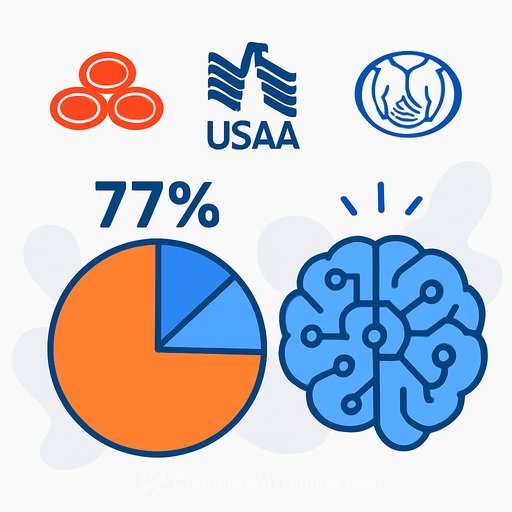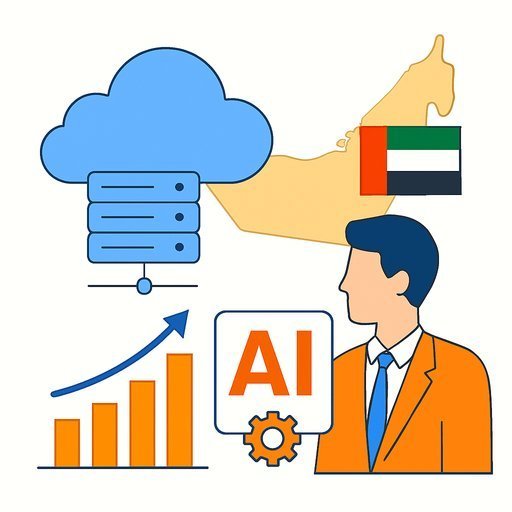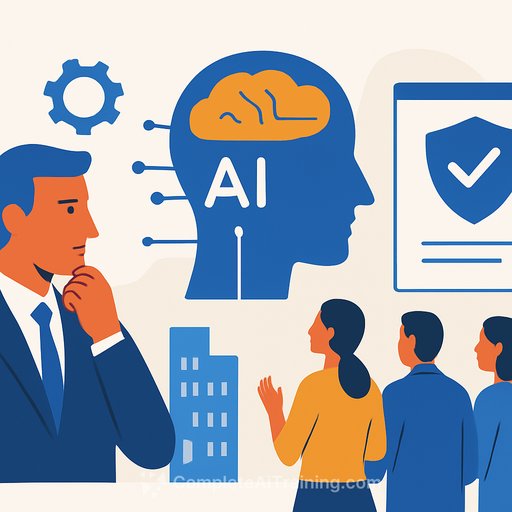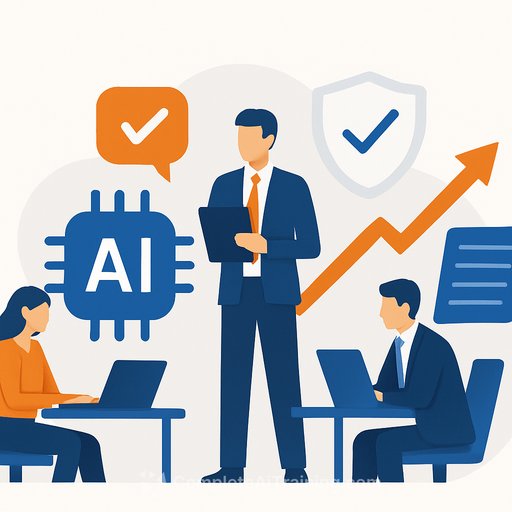AI Won’t Replace Claims Handlers – But Those Who Use It Could Enhance the Role
The claims process involves many tasks that are repetitive and formulaic, making it an ideal candidate for automation. While human judgment remains essential at several points, automation can speed up workflows and improve efficiency, ultimately benefiting customers.
Recent advances in generative and agentive AI introduce systems that learn and improve over time. These technologies can reshape how claims are managed, offering significant advantages to insurers who integrate AI thoughtfully into their processes.
Why Human Judgment Still Matters
Insurance is a people business. Insurers assist individuals and businesses during challenging times, and empathy, intuition, and clear communication remain key to delivering positive outcomes. Data-driven decisions alone can’t replicate the nuanced understanding that experienced claims handlers bring.
Blending AI with Human Expertise
Success depends on how well humans and machines work together. Educating claims teams on AI’s role and capabilities is crucial. Training helps staff see AI as a supportive tool that empowers them to work more efficiently without losing control over important decisions.
Knowing when and how to prompt AI systems ensures claims handlers maintain oversight, while delegating administrative tasks to AI frees them to focus on customer interaction and decision-making.
Maintaining the Balance
Too much reliance on automation can increase risks. Insurers operate under strict regulations and must treat customers fairly throughout the claims process. The FCA’s Consumer Duty highlights the need for transparent, fair, and well-managed claims decisions.
Overdependence on AI without adequate human oversight could lead to regulatory breaches and damage an insurer's reputation—especially if issues become systemic.
Where AI Fits Best
- AI can quickly flag potential fraud indicators, speeding up initial screenings.
- Complex fraud cases, however, require the judgment and experience of skilled claims handlers.
The ideal approach varies by task. AI assists with routine work, but final decisions involving risk, fairness, or customer impact must rest with people.
Accountability and Fair Outcomes
Insurers must act in good faith. The ultimate responsibility for decisions stays with claims handlers who can back their choices with experience and clear reasoning. Blaming AI for unfair or incorrect outcomes isn’t a viable defense.
Regulators and ombudsmen expect human oversight and objective justification for claims decisions. If decisions are made solely by AI without validation, insurers risk falling short of these standards.
Looking Ahead
Balancing speed and accuracy requires careful judgment. As AI technology advances, this balance may shift, but the need for human insight in claims management will remain.
For claims professionals interested in enhancing their AI skills and understanding how to work alongside these tools, resources are available at Complete AI Training.
Your membership also unlocks:






